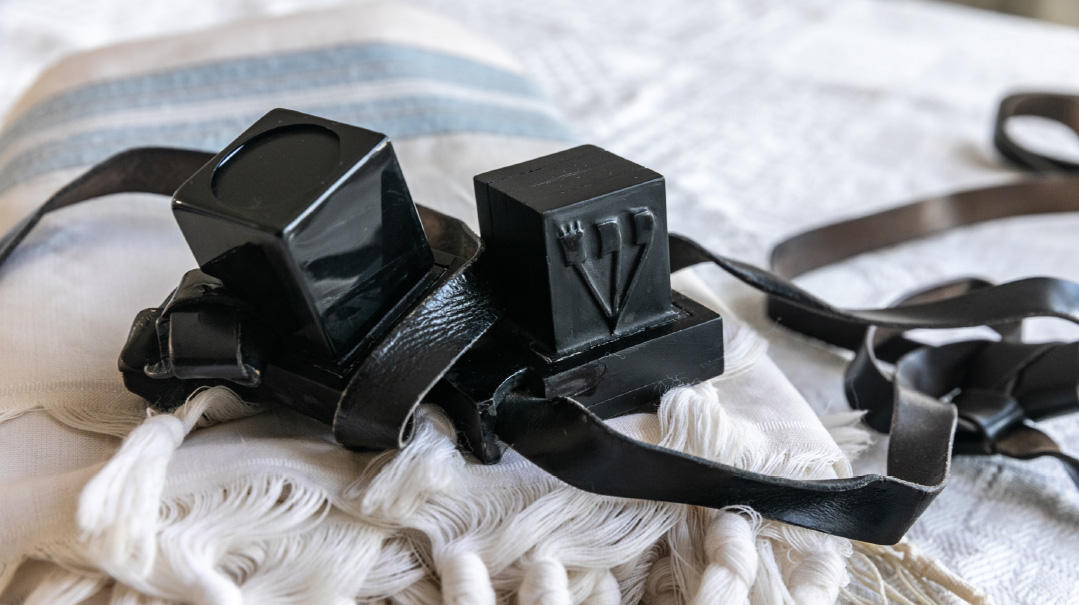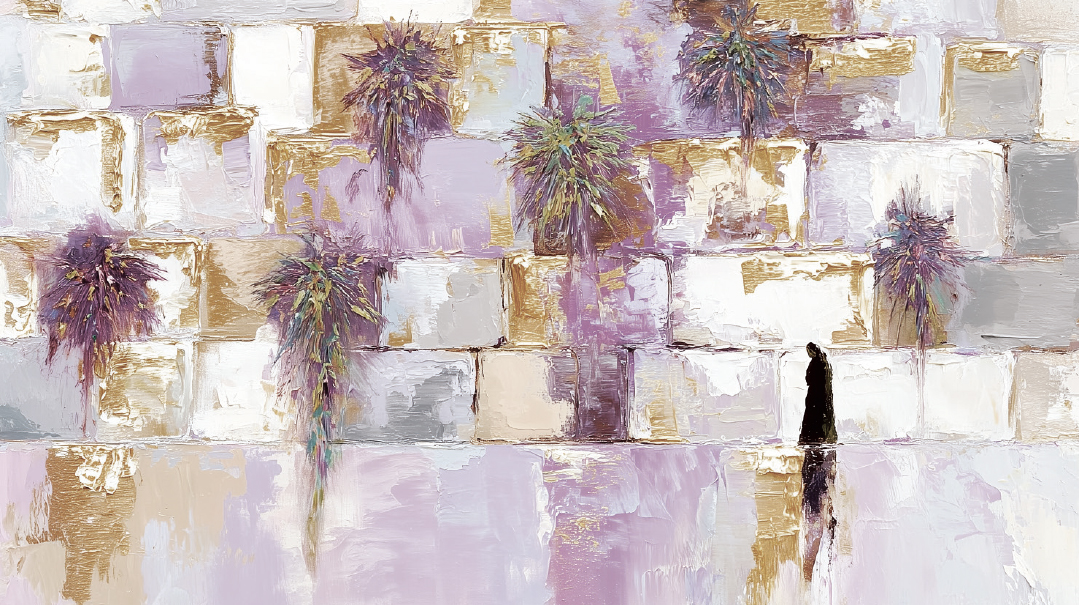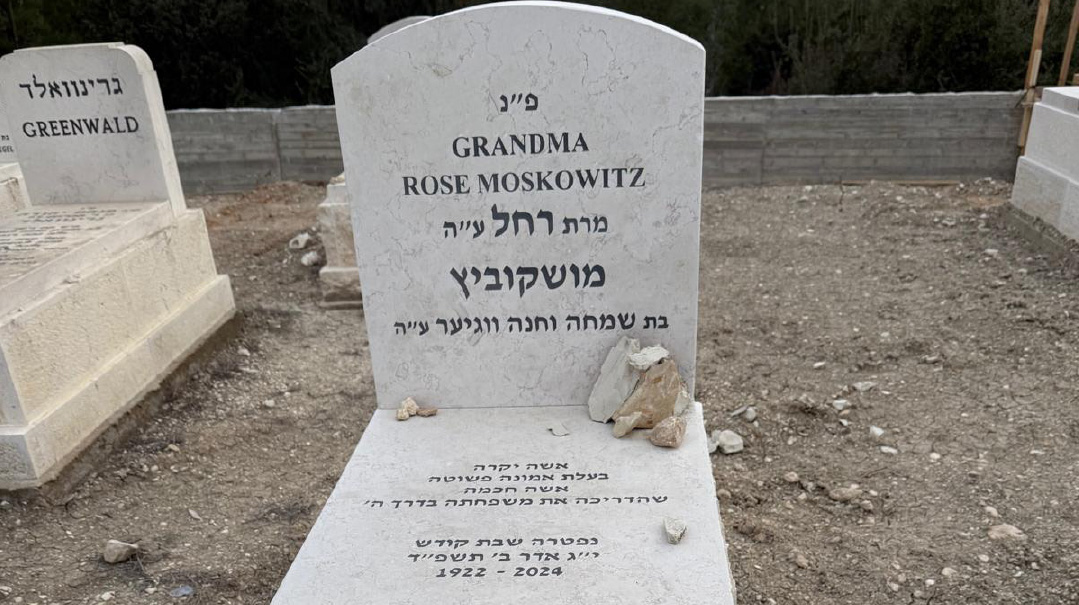On a Wing and a Prayer
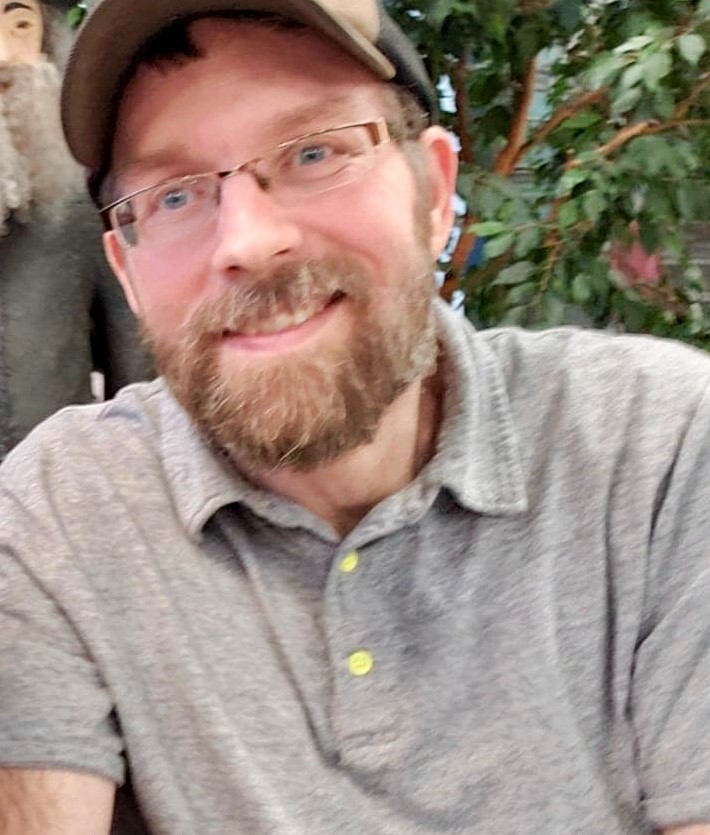
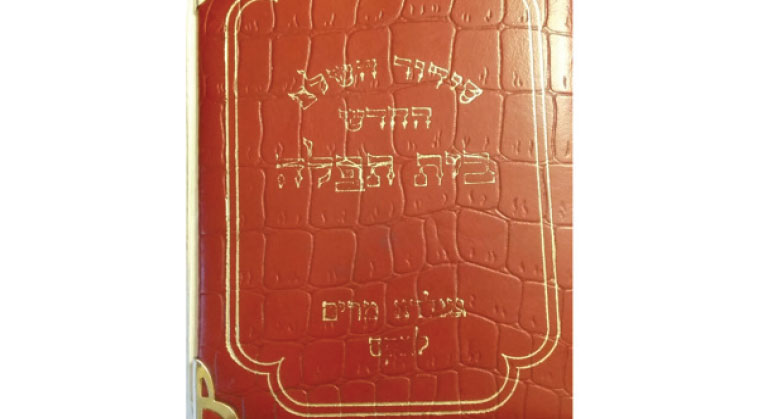
I am currently a resident at a long-term care facility and hospital. I reside here because of my multiple sclerosis.
A few months ago a new group of nursing students began their internship on my floor. As I had with all previous groups I struck up a conversation with them in the common area.
I asked them as I always do where they are from; it’s like the United Nations here. There are many locally born staff but many others come from around the world and I enjoy meeting them. One young woman said she was from the Philippines.
“Magandang umaga ” I said to her. “Kumusta ka?” (Tagalog for “Good morning. How are you?”)
Shocked she turned to her colleagues and said “He speaks my language!” (How I speak Tagalog not usually part of a yeshivah curriculum is a whole other story.) We soon became fast friends.
A few days later we were talking in the hall and the topic turned to reading. She mentioned how much she loved books and that in her previous job for Navstar cleaning airplanes after flights she and her coworkers often found books left behind by passengers.
Once she told me she found a book in a language she didn’t recognize. There was no identifying information on it and her coworkers told her to just throw it out but for some reason she couldn’t bring herself to do that. She’d intended to bring it to a community “book box” (basically a free neighborhood book exchange) but had never gotten around to it.
She told me she thought the book might be in Hebrew. I offered to look at it and confirm whether or not it was.
The following day she found me just before she finished work. She’d brought the book. We looked at it together and I confirmed it was a siddur but there was no name inside or any other identifying mark other than its red leather binding. She had to go but was willing to leave it with me. If I found out who it belonged to I told her I’d find a way to return it. If I didn’t I’d give it to the rabbi.
Later that day my mother came by to visit. I told her about the siddur and showed it to her noticing for the first time a name embossed on the front in very faded almost illegible gold letters. I thought I could make out the name “Gittel Miriam Lax.” My mother said the surname sounded familiar and asked me to leave the siddur with her and she would follow up.
That evening she looked up Lax in the community phone directory and started calling everyone with the name Lax. The second person she called said “I think you mean Golda Miriam Lax not Gittel Miriam Lax.” My mother asked if she knew her. The woman responded “She’s my mother-in-law.” My mother asked for her number which the woman gladly gave her.
My mother then called Golda Miriam Lax and asked if she’d lost a red leather-bound siddur. Mrs. Lax was shocked. She had owned such a siddur but had lost it three years before. It had been a gift from her son who was studying in Israel.
On a flight, she had mistakenly left the siddur in the pocket of the seat in front of her. She contacted the airline, telling them it had great sentimental value, but they couldn’t help her. She told my mother that she’d prayed she would one day get the siddur back, “with an interesting story.”
Mrs. Golda Miriam Lax and her husband came to my parents’ home that Sunday to pick up the siddur. My mother told them the nursing home wasn’t far, and they could visit and thank me in person.
My mother immediately called me to tell me the Laxes had picked up the siddur and were coming to see me. I told her that at that moment I was actually in the kosher food court of the mall next door, with some friends, including a classmate from yeshivah. That is where the Laxes came to meet me.
I told Mrs. Lax the whole story: about me, about my MS, about the nursing home facility, and about the nurse from the Philippines.
And we marveled at the Hashgachah that brought us together and reunited them with the siddur.
(Originally featured in Mishpacha Issue 690)
Oops! We could not locate your form.







